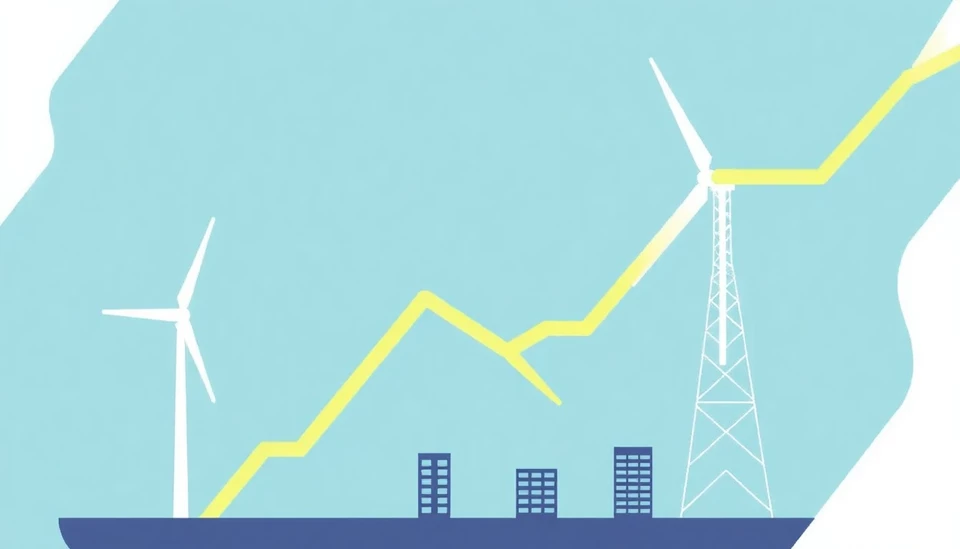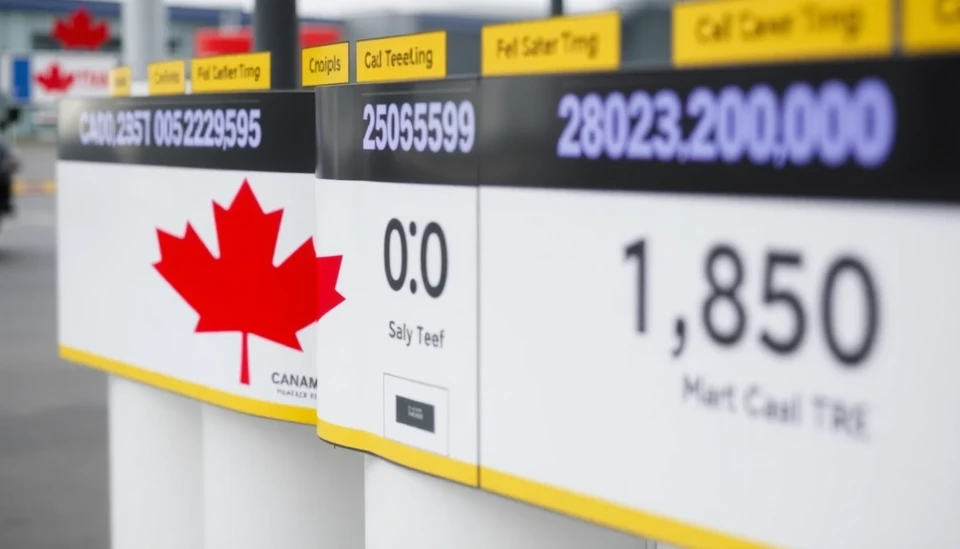
The United Kingdom is bracing for a significant increase in energy prices, a surge that many analysts attribute to ongoing inflationary pressures that continue to grip the economy. As the cost of living crisis deepens, consumers and businesses alike are poised to feel the pinch in their energy bills, raising concerns about affordability during a challenging economic period.
Energy regulator Ofgem announced that the energy price cap will be adjusted, which is expected to result in higher costs for households across the nation. This adjustment reflects the growing expenses associated with energy procurement, particularly amid fluctuating global energy markets. The price cap, which is designed to protect consumers from exorbitantly high rates, is projected to rise by up to £200 in the coming months, forcing many families to reassess their budgets as they face mounting financial strain.
This expected increase follows a series of fluctuations in wholesale energy prices, which have been influenced by geopolitical tensions, supply chain disruptions, and a transition towards more sustainable energy sources. Experts warn that while some relief had initially been anticipated as energy prices stabilized, the recovery trajectory has been hampered by inflation, which continues to affect various sectors across the economy.
The Bank of England has been vigilant in monitoring these changes, as they pose serious implications for monetary policy and overall financial stability. The central bank's efforts to control inflation through interest rate adjustments remain a critical point of focus for policymakers. The anticipated rise in energy prices may force the Bank to reconsider its strategies, potentially leading to further increases in interest rates, which could have broader repercussions for consumers who are already burdened with rising borrowing costs.
Moreover, the increase in energy expenses is likely to have a domino effect on various industries reliant on energy, resulting in increased operational costs that could be transferred to consumers. This means that not only will households see a hike in their energy bills, but they may also face higher prices for goods and services across the board, exacerbating the already dire cost of living crisis.
As households prepare for this impending financial toll, discussions surrounding energy efficiency and alternative energy sources are becoming more prominent. Experts argue that investing in renewable energies could provide long-term relief and stability for consumers, reducing reliance on traditional fossil fuels, whose prices remain volatile. Initiatives that promote energy efficiency measures are being encouraged as viable solutions to mitigate rising costs.
In the meantime, the government is urged to take proactive measures to support vulnerable households that may struggle to cope with the financial burden of increased energy costs. Enhancing support systems and financial aids for low-income families could be essential in safeguarding their well-being as energy prices rise.
As the UK navigates this challenging landscape marked by inflated energy costs, it is crucial for consumers to remain informed and proactive in adapting to these changes. With winter on the horizon, ensuring that homes are adequately insulated and energy-efficient may help to ease the potential hardships of the upcoming months.
#energyprices #inflationuk #economycostofliving #energyregulator #Ofgem #BankofEngland #renewableenergy #UKenergy
Author: Rachel Greene




